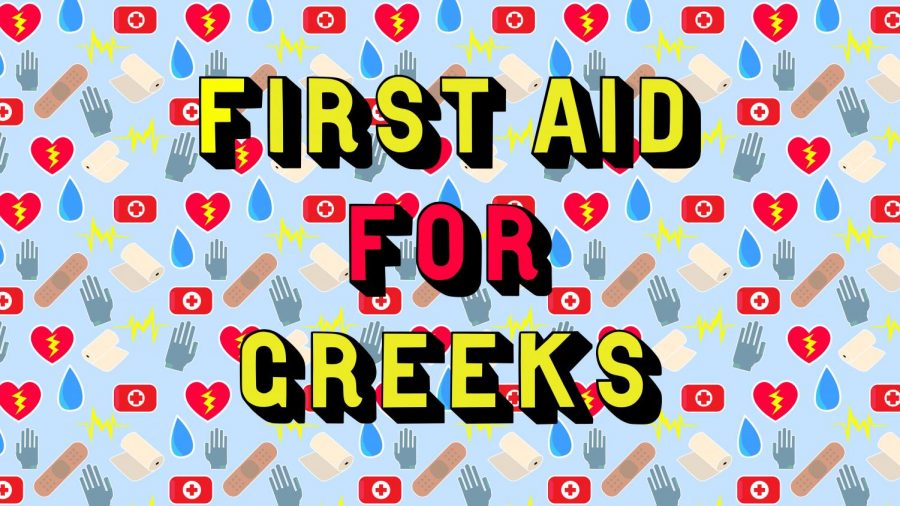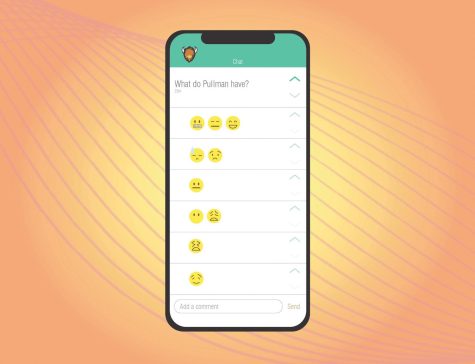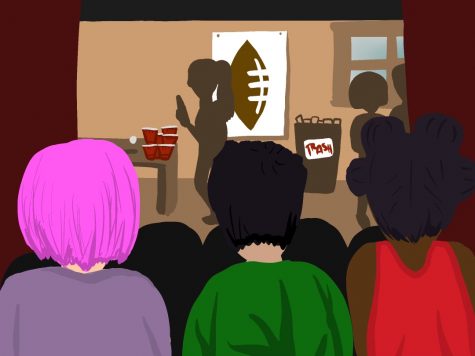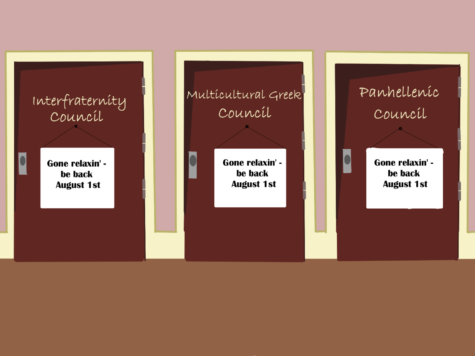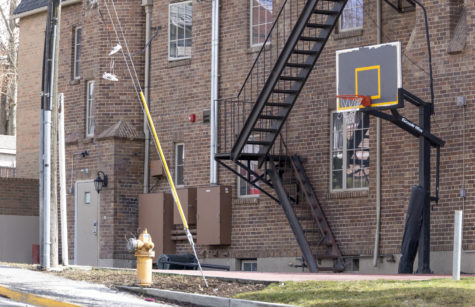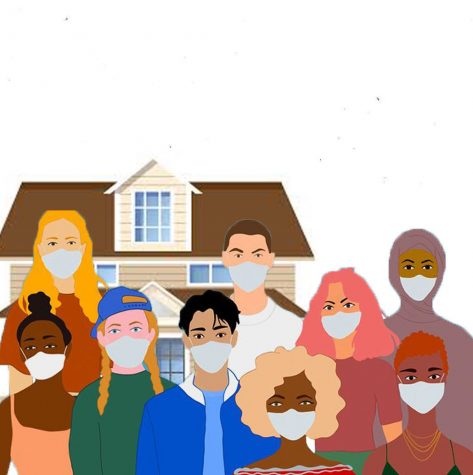OPINION: Implement first aid at Greek houses
Remove the possibility for the bystander effect, teach first aid to every Greek chapter
Learning basic first aid could give Greeks helpful tools to prevent further adverse affects in their community.
As the new Interfraternity Council initiative is enacted and WSU’s Greek row undergoes a culture shift, it is imperative that an extra emphasis be put on safety. Safety on Greek row has always been a priority for the WSU Pullman community, however extra steps could be taken to ensure that each member of the Greek system has proper education of how to respond to medical emergencies.
“I think everyone, regardless of who you are or where you’re from, should definitely be educated … If you gotta save somebody’s life you kinda gotta get down and do it,” said Jack Folden WSU advertising major and risk manager of his fraternity.
One of the best steps towards creating a truly safer campus environment is ensuring that each student has an adequate knowledge of how to perform CPR and first aid, as well as operate an automatic external defibrillator (AED).
Safety training sessions aren’t new to our campus, as training sessions have already been held at the Chinook Student Center earlier in February as a collaboration between the ASWSU and UREC. These sessions were pushed for by Victoria Fitzpatrick, ASWSU director of student safety.
Fitzpatrick said that teaching sessions for CPR, AED, and first-aid skills could allow students to better respond to any type of injury.
“I just know from personal experience that there’s a lot of instances where people hurt themselves and don’t really know what to do. Say you cut yourself and you’re intoxicated and you don’t feel it and take care of it. That can lead to infections and other problems if the issue isn’t taken care of,” Fitzpatrick said.
The training sessions hosted at the Chinook involved instructional videos that walked viewers through potential emergency scenarios and provided instructions on how to respond to an emergency.
While all students were welcome to attend these sessions, which supply students with first-aid certification, more could be done to specifically target the Greek community. One of the most effective methods to ensure that a high percentage of Greek row receives this information and certification would be to provide it as a programming available to the Greek system.
Each Greek chapter is required to complete a certain number of programming’s per semester, and safety training sessions could effectively be taught to each chapter through informational videos and instructions provided by each chapter’s risk chair.
“Having members practice and be prepared is important. Definitely utilizing videos online and utilizing risk chairs would be a good method. Keeping it in-house would be better,” Fitzpatrick said. “In my personal experience, in-house programming’s have always been more effective.”
Greek chapters are required to get a certain percentage of members at each programming and bringing the actual programming to chapter houses would make obtaining training even more convenient and likely for Greeks.
A key part of responding to an emergency is properly assessing a situation and determining the correct course of action to take, which is something these training sessions aim to teach students, which could be immensely helpful to diminishing the bystander effect, in which groups of people accumulate around the site of an emergency out of curiosity as to what happened.
“One of the biggest steps someone in a situation like that [can take] is just kinda to be calm and address the situation … A lot of times a bystander’s responsibility is to kinda get out of the way and let someone who knows what they’re doing do what they need to,” Folden said.
A crucial aspect of keeping members safe is having the proper supplies and materials to do so in the first place.
Fitzpatrick said that a good first step to improve student safety would be to make sure that every Greek house has at least one first-aid kit.
Overall, in an environment such as Greek row where a variety of medical emergencies can occur, the most effective way to keep students safe is to ensure that as many students as possible know the proper assessments to make and actions to take in any medical emergency. Programming’s, particularly in-house programming’s, could be an undeniably effective method at teaching members of the Greek system first aid, CPR and AED skills that will allow students know how to properly respond in a medical emergency that previously, they would have been unprepared for.
Anthony Torchia is a history major from Colbert, Wash. He can be contacted at 335-1140 or at [email protected]. The views expressed in this column do not necessarily represent the views of The Daily Evergreen, its editors or publishers.

